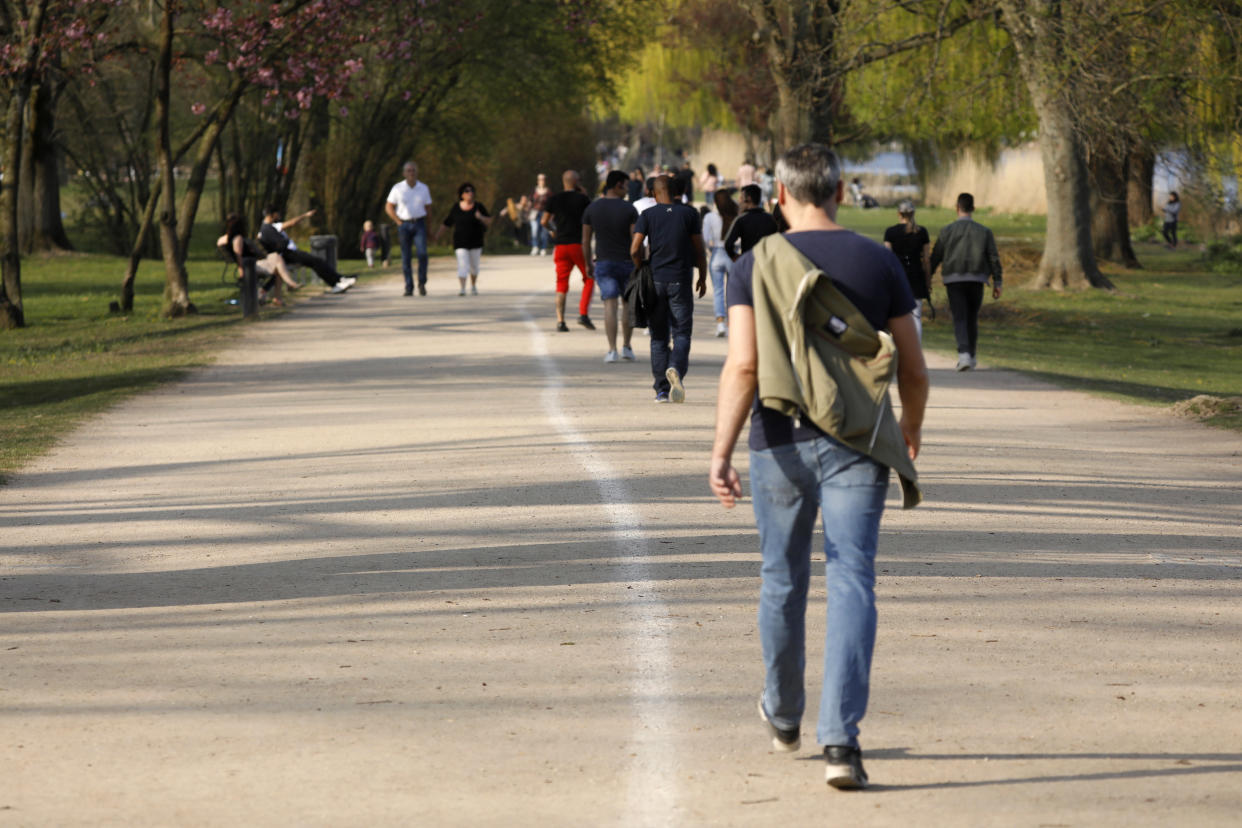Coronavirus: Germany to extend travel ban to at least mid-June

The German government will continue to ban all travel to other countries until at least 14 June, according to German media.
Reuters and DPA reported that the current ban on foreign travel, which had been due to expire on 3 May, will stay in place until the middle of June, and potentially longer, as the country tries to contain the spread of the coronavirus.
School holidays normally start in July in Germany, although it varies by state. The Foreign Office has reportedly left the possibility open as to whether travel during the school holidays will be possible.
Germany’s foreign travel ban has been in place since 17 March. It has said that it wants to properly coordinate the opening of internal EU borders with other member states when the time comes to open up again.
Germany’s borders with Austria, Switzerland, Luxembourg, Poland, the Czech Republic and France have been closed since mid-March to all but essential cargo traffic and commuters with a valid reason to cross for work.
According to Johns Hopkins University data, Germany currently has 159,912 confirmed cases of coronavirus, and 6,314 deaths from COVID-19.
READ MORE: Coronavirus: Germany's transmission rate ticks back up to 1.0 as lockdown eases
The country began easing its lockdown on commercial and social life last week, with smaller shops and car dealerships allowed to reopen. The decisions to open schools are taken on a state level, but many states are allowing students in certain school years to return to school from 4 May. Hairdressers, playgrounds and zoos are also re-opening, under new hygiene measures.
All 16 states have now made it compulsory to wear a face mask in shops and on public transport.
However, on Tuesday (28 April) Germany’s Robert Koch Institute for disease control said the coronavirus transmission rate had risen again to 1.0 from 0.9, where it had been for several days.
The institute has repeatedly said that the rate needs to be pushed down to under 1.0 to dampen the spread of the virus and ensure that the country’s intensive care units are not overwhelmed.
The R0, or basic reproduction number, is an important measure in monitoring the spread of the disease as it shows how many people are infected by one infected person.
Chancellor Angela Merkel has warned repeatedly that if people ignore social distancing rules or states loosen restrictions too soon, the country risks a second wave of coronavirus infections.
READ MORE: Ifo: German economy will shrink by 6.6% this year due to COVID-19
The economic ramifications of that on Europe’s largest economy would be significant. This week Germany’s leading economic think-tank, the Ifo, predicted that the economy would contract by 6.6% this year — if there is no second wave of infections.

